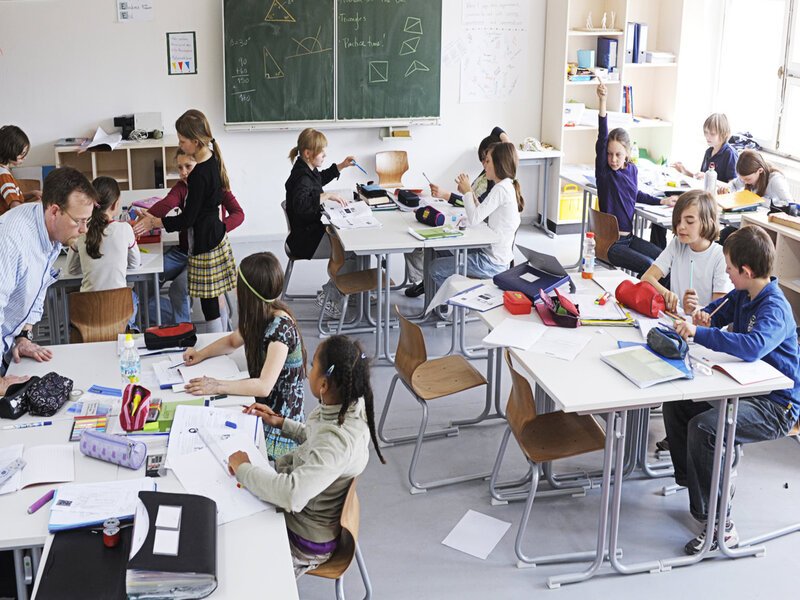Finland’s education system stands as one of the most successful in the world — not because of strict testing or endless study hours, but because it prioritizes balance, trust, and meaningful learning. While many countries still rely heavily on standardized exams and high-pressure academics, Finland took a bold step in the opposite direction, reshaping education around student well-being and teacher autonomy. Unlike most systems that test children from an early age, Finland has no national exams until the end of high school. Students are assessed by their teachers throughout their schooling, with the Matriculation Exam being the only nationwide test. This approach reduces stress and allows educators to focus on genuine understanding rather than rote memorization. Homework is minimal — averaging just 0.8 hours a day, one of the lowest figures among OECD nations. Shorter school days and a total of around 6,384 instructional hours through grade 9 (compared to over 7,600 in other countries) give Finnish students more time to rest, play, and engage in extracurricular activities. The philosophy is simple: learning continues beyond the classroom, and rest is essential for creativity and growth. Teachers play a central role in Finland’s success. All are required to hold master’s degrees, and only about 10 percent of applicants are accepted into teaching programs, making the profession one of the most respected in the country. With smaller class sizes averaging 18–19 students, teachers can give individualized attention, fostering deeper learning and critical thinking rather than focusing solely on test performance. Finland’s curriculum emphasizes phenomenon-based learning — an approach where students explore real-world topics across multiple subjects. Emotional intelligence, collaboration, and problem-solving are considered just as important as academic achievement. The results speak for themselves. Finnish students consistently perform above OECD averages in reading (490), math (484), and science (511). More importantly, they achieve these results in an environment that values equality, well-being, and trust over competition and pressure. Finland’s experience proves that education doesn’t need to be driven by fear of failure or relentless testing. When teachers are trusted, students are supported, and learning is seen as a lifelong process, excellence follows naturally.








































